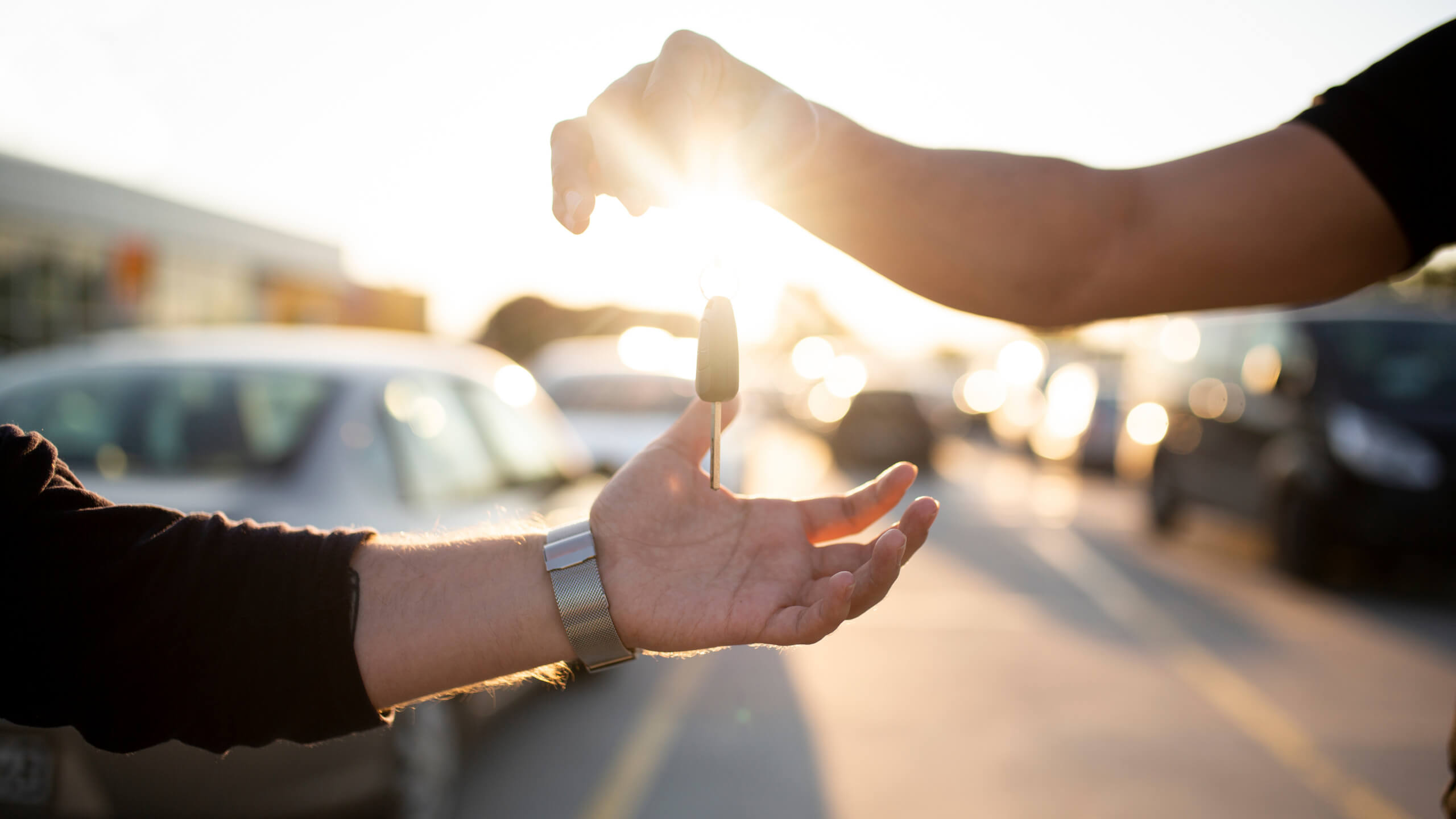What Happens To The Family Car In A Divorce?

The division of assets is one of the most complex aspects of divorce. In Massachusetts, the courts follow the principle of equitable distribution when dividing marital assets between divorcing parties. Equitable distribution means “fair” – usually, fair is considered a 50/50 split, but there may be reasons that a 50/50 split would not be fair. In those cases, the Court can order an unequal division. For the most part, the court considers vehicles as marital property. Therefore, the family cars would be subject to division in the divorce.
WHEN IS A FAMILY CAR MARITAL PROPERTY?
Marital property encompasses all assets secured during a marriage. If a couple purchases a family car after they marry and later decide to get a divorce, the vehicle, as well as any outstanding loan owed on it, may be subject to equitable distribution.
Most families today have more than one car. Generally, whatever vehicle you usually drive will end up remaining your property within the divorce. This gets a little more complicated if there is a loan on that vehicle that is in your ex-spouse’s name. In those cases, the person keeping the car may have to obtain a loan to pay off the prior balance and put it in their own name. If a loan cannot be obtained, the car may have to be sold.
This can also be even more complicated if the value of the car is significantly less than the amount owed on the loan and it’s in the name of the spouse not planning on keeping the vehicle.
ASSET DIVISION AND INFLUENTIAL FACTORS
When both spouses agree on how to split property, this can greatly simplify the asset division process. For example, if a couple determines that one party should keep the family car after their divorce, the spouses may simply include this provision in their property division agreement.
Alternatively, if the divorcing spouses disagree on what should happen to the family car and any attached loans, the court would step in. If the motor vehicle still has a loan on it, the court may designate one or both spouses to pay the outstanding debt, depending upon who is keeping the vehicle and the financial position of each of the parties.
Oftentimes, who is responsible for what vehicle is dealt with in a temporary order. That way it’s clear who is responsible to pay the car insurance, car payment, and any other financial obligation that comes along with the cars. If it’s not addressed, this issue can sometimes sneak up later if the vehicle is in the name of the person who is not regularly driving the car. It’s always best just to deal with it early if you can.
If the divorcing couple has kids who are driving age or even have cars of their own, those vehicles will need to be addressed within the divorce, even if it’s simply the parties agreeing that the car is for the child and the child will be responsible for all costs associated with it. But unless the vehicle is actually in the child’s name, then it’s marital property and needs to be included within the divorce agreement.
OUR ATTORNEYS CAN EXPLAIN ASSETS DIVISION AND WHAT MAY HAPPEN TO A FAMILY VEHICLE AFTER A DIVORCE
If you are facing divorce and have any questions regarding how your assets may be divided, you should get in touch with O’Connor Family Law as soon as possible. One of our lawyers can help you understand what property may be subject to division in your divorce proceedings and fight hard to protect all assets to which you may be entitled.
If you are concerned about what may happen to the family car in your divorce, our team


